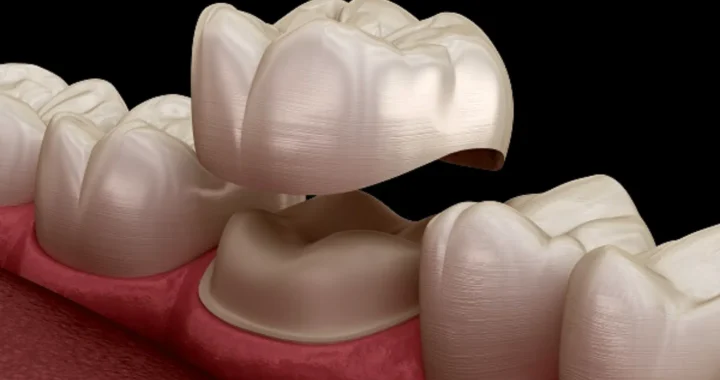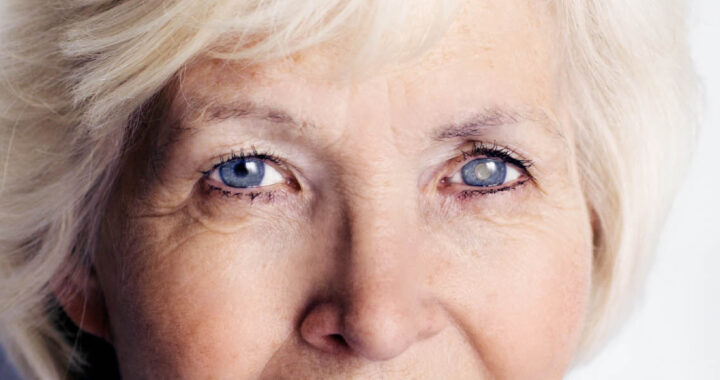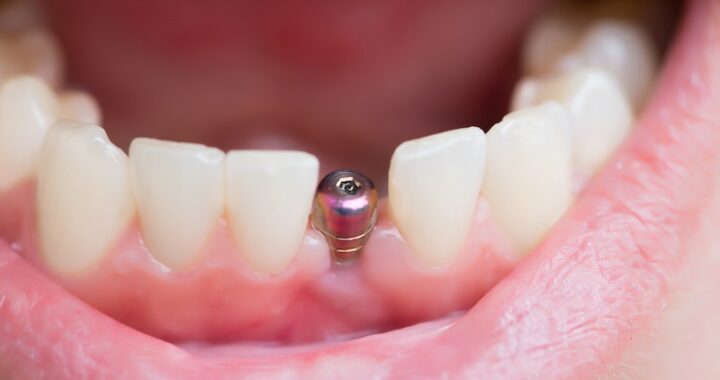Addiction: How to Find the Best Treatment Center for Your Situation

There is a good chance that you or someone you care about has contemplated the prospect of joining a rehabilitation facility as a way to overcome a drug addiction. Alcohol and drug abusers may get help at this facility, which specialises in treatment. In contrast to outpatient treatment, some patients choose to stay in a facility for a longer period of time to get medical attention from trained professionals from Recovery Syndicate.
Counselling services for those who are having problems and need help
A person’s dependence on alcohol or other drugs may be a sign that they are at danger of harm, or that they are having problems that are linked to their usage. When a person’s body and mind alter as a consequence of their use of alcohol or other drugs, they become dependent on these substances and spend a large amount of time thinking about, obtaining, using, and recovering from the effects. In order to help people who are addicted to alcohol or other substances change their behaviour, they may need more structured and intensive treatments.
Detoxification is the process of removing oneself from something.
Many people who are addicted to alcohol or drugs experience physical withdrawal when they attempt to stop using these substances abruptly. Aside from the fact that it’s unpleasant and increases the risk of relapse, it also has the potential to be damaging or even deadly. It is possible to safely and comfortably through the withdrawal process from alcohol or drugs with the help of a treatment centre. Sleeping, talking to a counsellor, eating healthily, and taking medication are all possible forms of treatment for withdrawal or detoxification. These services are offered by several organisations, both public and private. These procedures may be carried out at a hospital or at Recovery Syndicate.
What does the word “drug and alcohol rehabilitation” refer to, and how is it defined?
Addiction rehabilitation helps people better their lives by helping them stop or reduce their use of addictive substances like drugs and alcohol.
Alcohol and drug rehabilitation programmes involve both counselling and support services. Occasionally, these treatments are referred to as “rehabilitation.” In most cases, the state or territory government is responsible for covering the costs of providing these services. Treatment for alcoholism and drug abuse may also be provided privately at Recovery Syndicate.
There are several sorts of rehabilitation programmes available.
Inpatient and outpatient rehabilitation centres are the most common settings in which treatment programmes are delivered.
Residential rehabilitation programmes allow patients to spend a pre-determined amount of time at a rehabilitation centre.
Addiction to alcohol and other substances may be treated in a variety of ways.
If you have a strong addiction to drugs or alcohol, you may require hospitalisation for treatment. A detoxification programme may also be necessary to remove the remnants of alcohol and narcotics from your body.
As part of rehabilitation programmes, counselling helps patients make the required changes in behaviour. As a result, you may also be prescribed medicine.
If you have both a substance abuse problem and a mental health problem, you’ll require treatment for both at the same time.
Therapy that takes place at a hospital
Inpatient therapy for teenagers may have several advantages. One of the most common terms used to describe residential treatment programmes is “inpatient rehabilitation.” If a kid is undergoing detox before to treatment, the facility allows them to spend the whole day and night there.
Rehab in a setting other than a hospital
While in outpatient drug treatment, teenagers spend their days in a clinic or treatment centre, returning home at night to continue their prescribed treatment schedules. Teens may get treatment in a number of ways that are customised specifically to their needs and abilities, including individual or group therapy. If the rehabilitation centre offers it, family members, including parents, may attend and engage in therapeutic activities or get treatment of their own.


 Innovations in Health Screenings: Exploring the Latest Technologies in Clinic Services
Innovations in Health Screenings: Exploring the Latest Technologies in Clinic Services  Dental Crowns –Restoring Strength, Function, And Aesthetics.
Dental Crowns –Restoring Strength, Function, And Aesthetics.  One-Person Wonder: Making Waves in the Massage Industry in Gunma
One-Person Wonder: Making Waves in the Massage Industry in Gunma  How Cataract Surgery in Nashville Improves Vision and Quality of Life
How Cataract Surgery in Nashville Improves Vision and Quality of Life  Maintaining Oral Health: The Role of Dentists in Richmond
Maintaining Oral Health: The Role of Dentists in Richmond  How to Choose the Best Implant Dentist in Sheffield: A Guide
How to Choose the Best Implant Dentist in Sheffield: A Guide